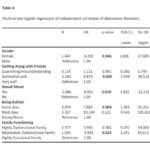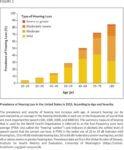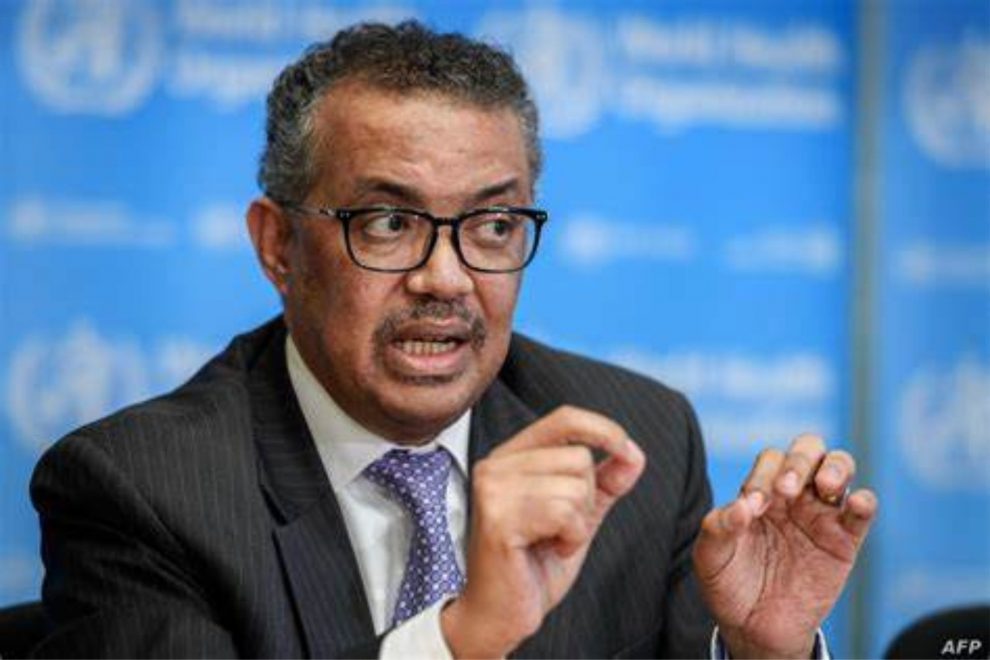The World Health Organisation has expressed concerns over countries prioritising vaccination for younger adults ahead of health workers, old people and other vulnerable groups.
The agency also warned that countries should not see the scramble for vaccines as a race against each other.
Speaking at the virtual media briefing on COVID-19, the Director-General of WHO, Dr. Tedros Adhanom Ghebreyesus disclosed that countries strive to avoid putting their people at risk.
“It is encouraging to see health workers in lower-income countries starting to be vaccinated, but it’s regrettable that this comes almost three months after some of the wealthiest countries started their vaccination campaigns.
“And it’s regrettable that some countries continue to prioritize vaccinating younger, healthier adults at lower risk of disease in their own populations ahead of health workers and older people elsewhere.
“Countries are not in a race with each other. This is a common race against the virus. We are not asking countries to put their own people at risk. We are asking all countries to be part of a global effort to suppress the virus everywhere,” he said.
Tedros also lamented that he has observed a sudden rise in reported cases of confirmed COVID-19 cases globally.
While urging governments not to step measures at curbing the virus, he identified the four affected regions like the Americas, Europe, South East Asia and the Eastern Mediterranean.
“You remember that I reported the virus was declining for 6 consecutive weeks, but for the first time in 7 weeks, we have an increase. The reported cases increased in four of WHO’s six regions: the Americas, Europe, South East Asia and the Eastern Mediterranean – so we don’t report increases in Africa and the Western Pacific.
“This is disappointing, but not surprising. We are working to better understand these increases in transmission. Some of it appears to be due to relaxing of public health measures, continued circulation of variants, and people letting down their guard,” he said.
According to him, vaccines are meant to save lives.
He, however, warned that if countries continue to rely solely on vaccines, they would be making a huge mistake.
“Even as vaccines continue to roll out, we urge all governments and individuals to remember that vaccines alone will not keep you safe.
“We can only realize this vision with the support and cooperation of all partners,” he said.





